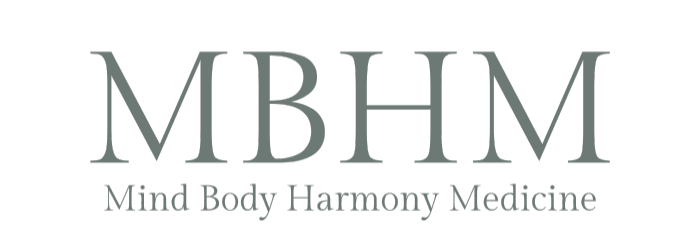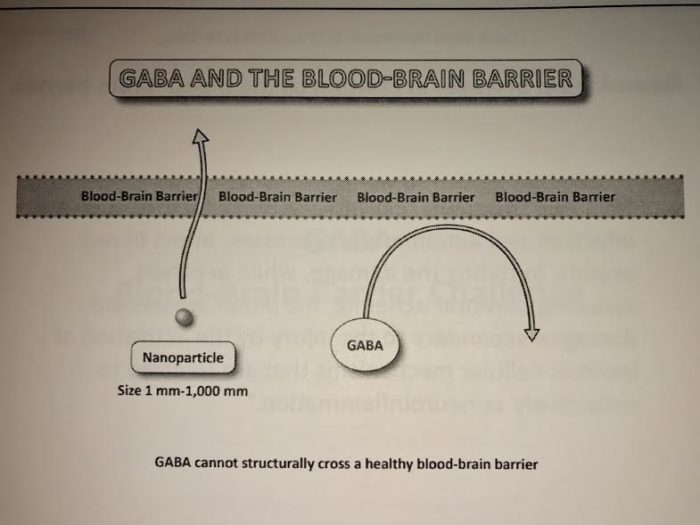Autism & Autism spectrum disorder (ASD) are neuro-developmental disorders characterized by impaired social communication, abnormal social interactions, communication deficits repetitive behaviors, and/or restricted interests.
Numerous immune system abnormalities have been described in individuals with autism, including abnormalities in the ratio of Th1/Th2/Th17 cells.
Two studies came out in August and September of 2017 evaluating the treatment of the immune imbalance in autistic individuals with Resveratrol.
Study #1 assessed “Typically Developing” children and “Children with Autism.”
What the scientists found was the autistic group displayed altered immune profiles and function, characterized by a systemic deficit of Foxp3 & T- regulatory cells.
- Foxp3 gene functions as a ‘master regulator’ of the regulatory pathway in the development and function of T-regulatory cells.
- T-regulatory cells modulate the immune system, maintain tolerance to food/chemical/antigens, and prevent autoimmune disease.
Conclusion on Study #1 assessing “Typically Developing” children and “Children with Autism”
Results suggest that autism impacts transcription factor signaling, which results in an immunological imbalance.
Therefore, the restoration of transcription factor signaling may have great therapeutic potential in the treatment of autistic disorders.
So, how do we restore this wildly imbalanced immunological function? With Resveratrol!
Resveratrol, is a natural compound found in the skin of red grapes, blueberries, blackberries, dark purple berries.
It is used widely as a beneficial treatment of an extensive array of pathologies, including neurodegenerative diseases.
Study #2 resveratrol was administered to autistic mice as well as typically developing mice
Study #2 was an animal trial in which 20-40 mg/kg of resveratrol was administered to autistic mice as well as typically developing mice to see what effects it would have.
Initially, it was observed that the autistic mice exhibited a distinct immune profile from that of the control mice.
They, too, had lower levels of the Foxp3 expression (such as the autistic children had in study #1) and elevated inflammatory markers.
The resveratrol treatment to the autistic mice showed a substantial rise of Foxp3+ and a reduction in inflammatory markers in the spleen and brain tissue, when compared with the respective control mice.
Conclusion:
Results suggest that autism is associated with dysregulation of transcription factor signaling that can be corrected by resveratrol treatment.
Also, Read More Helpful Blog Posts for You
- Foods That Can Worsen Symptoms In Autistic Children
- New Findings on Antidepressant Use During Pregnancy
- PROVEN Alternative Ways To Eradicate H. Pylori
- PANDAS/PANS: Is a brain infection driving your child’s OCD, Tics & Psychosis?
- This Infant Temperament Predicts Personality 20 Years Later






